Franz Rogowski on why gay prison drama Great Freedom is ‘a story that needs to be told’
Exclusive: The actor reflects on the power of Sebastian Meise's searing tale of a gay man repeatedly jailed under Germany's Paragraph 175 anti-gay law.
By Will Stroude
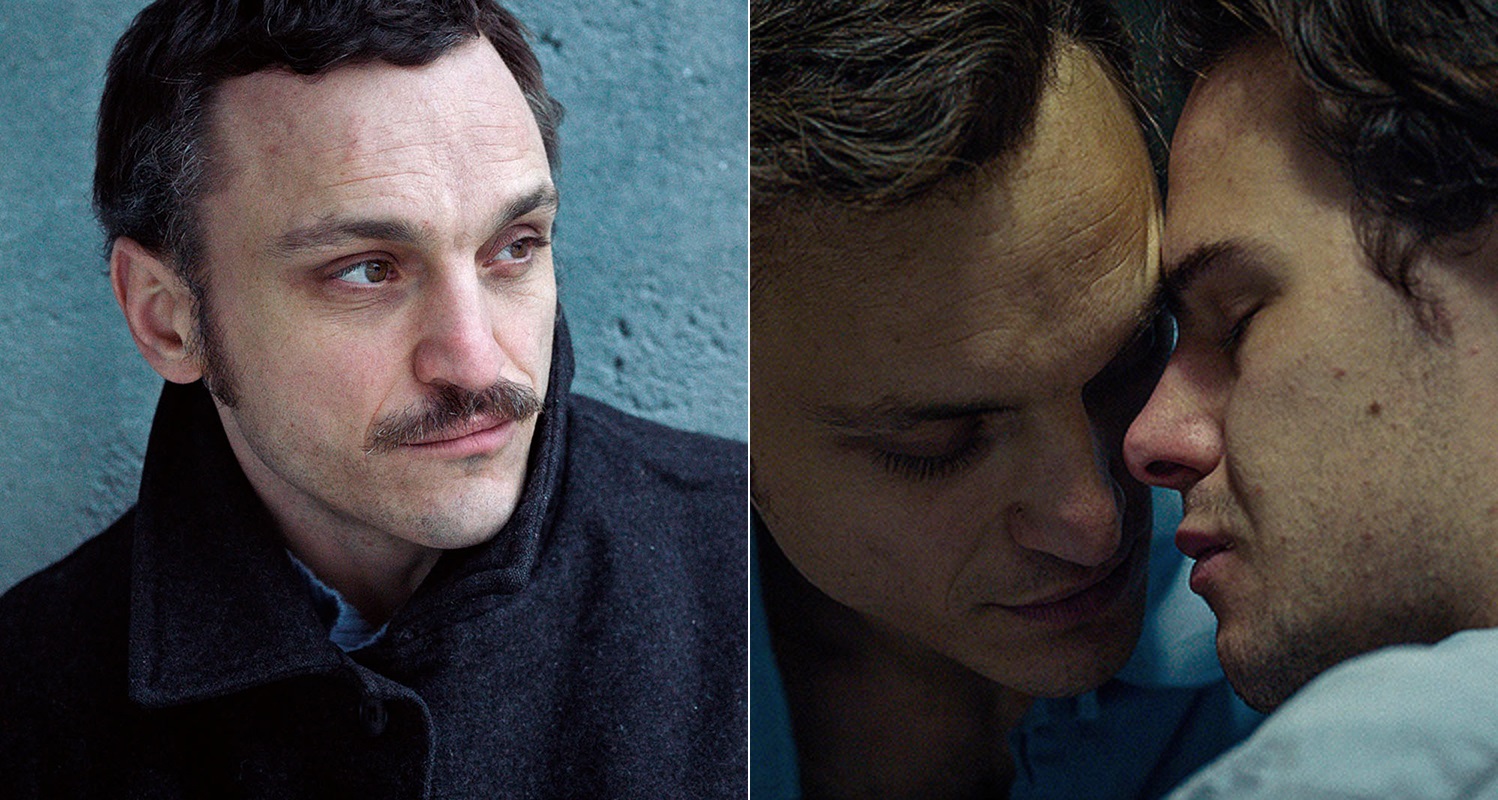
Words: Will Stroude; Images: MUBI
Franz Rogowski is recalling the time his mother took him to the jeweller to get his ear pierced as an adolescent in western Germany.
“I sat down on the chair, presented my ear, and unfortunately something was wrong”, the softly-spoken actor, 36, recalls. “We didn’t know what was going on until she told us that it was ‘the wrong ear’…
“Back then I was lucky enough to have a mum that didn’t care, but I grew up in a society that divided our ears into ‘gay ears’ and ‘non-gay ears’.”
Franz, whose role in Sebastian Meise’s searing new drama Great Freedom helps to shine a light on one of his home country’s darkest periods for gay men, adds: “Looking back, I know that some of the early childhood experiences I went through, they actually have to do with this structural violence and a period of time when people knew that it was literally illegal and a crime to be gay.”
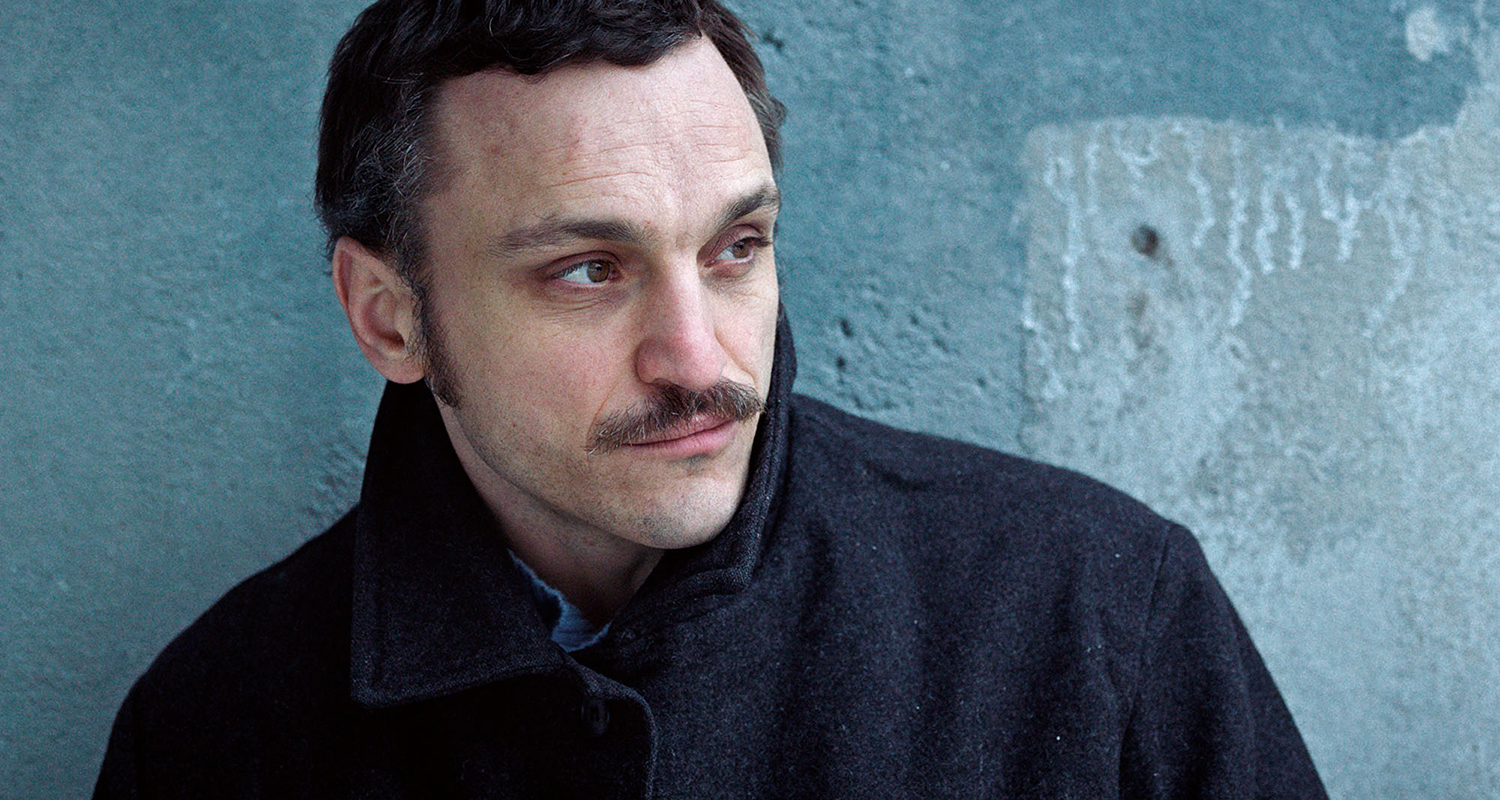
Franz Rogowski as Hans Hoffman in Great Freedom (Image: MUBI)
Attitude is speaking to Franz from his home in Berlin ahead of the release of Great Freedom, which won the Un Certain Regard jury prize at the Cannes Film Festival last year and has been generating buzz ever since on the festival circuit.
This vital piece of queer cinema, out now in cinemas in the UK and Ireland, charts with captivating intimacy the complicated relationship between gay, puppyish prison inmate Hans (Rogowski) and gruff lifer Viktor (Georg Friedrich) as Hans is transferred from a concentration camp and repeatedly jailed over the course of decades under West Germany’s Paragraph 175 law which criminalised homosexuality.
It’s estimated that before the partial repeal of Paragraph 175 in 1968, up to 50,000 gay men were imprisoned under the Nazi-era version of the law, which stood as one of the only pieces of Third Reich legislation not scrapped following the conclusion of the Second World War.
“It’s a story that needs to be told and felt relevant to me, but also I was surprised how little I knew about Paragraph [175] before the movie”, admits Franz, best known for his turns in acclaimed German dramas like Transit and Victoria.
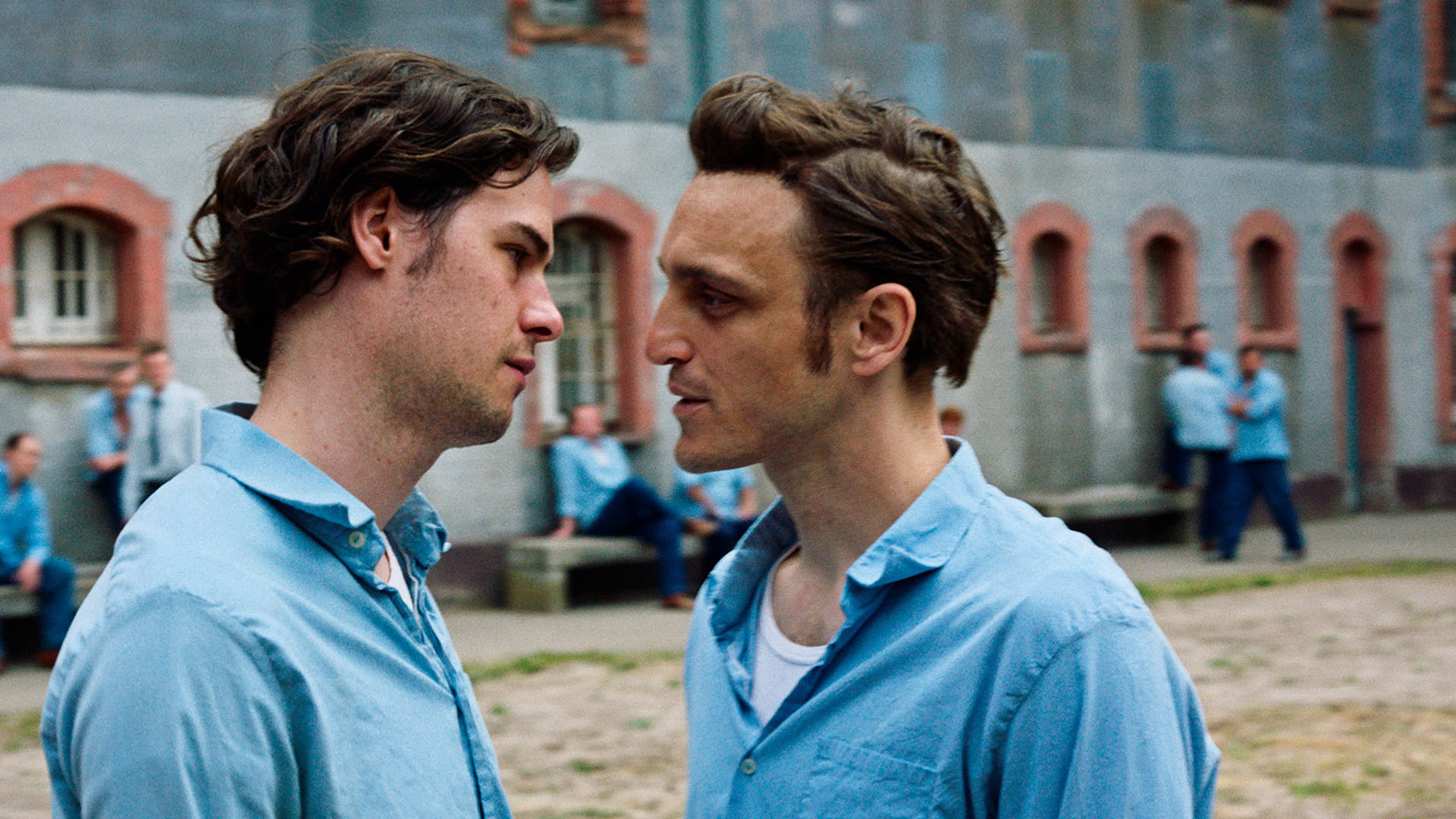
Thomas Prenn as Oskar and Franz Rogowski as Hans in Great Freedom (Image: A24)
“But before I did the movie I felt people were, I don’t know, uneducated? They didn’t know or they were scared of the unknown. I felt like it’s a matter of education.”
He adds: “We need to address it more… There are stories that are so absurd and cruel they’re really hard to believe.”
While a tragic historical reality frames Great Freedom’s story, at its core this is a powerful tale of the how desire and human connection cannot be extinguished by the forces of structural oppression.
“It’s a love story and it’s a gay movie, but it’s not really a movie about history,” stresses Rogowski, who takes issue with Great Freedom potentially being pigeonholed by the mainstream media as a ‘gay film’.
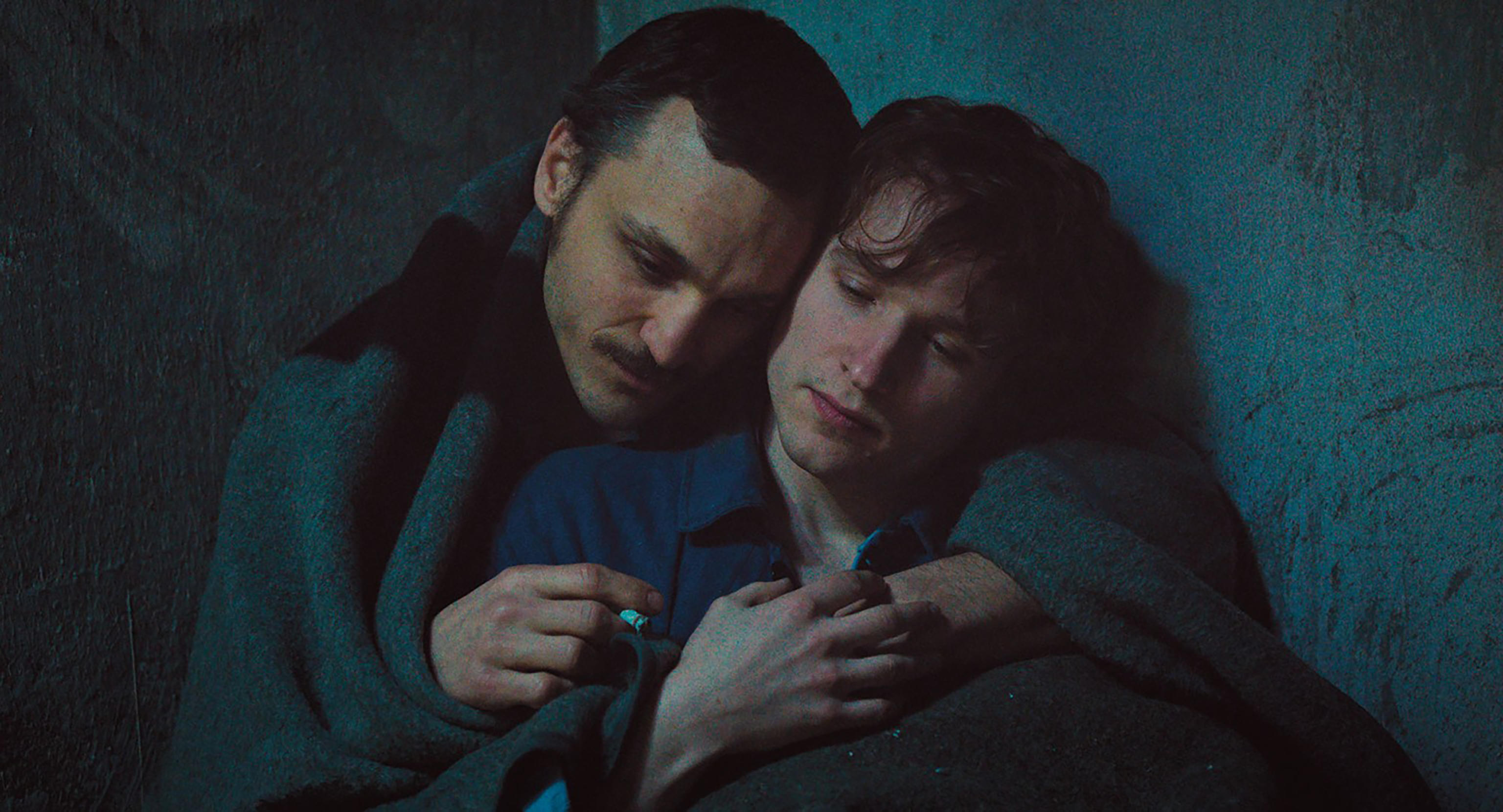
Franz Rogowski as Hans Hoffman (left) and Anton von Lucke as Leo in Great Freedom (Image: MUBI)
“We’re not there yet, where we can forget about the fact that it is a ‘gay movie’, but that’s the aim”, he concedes, adding shrewdly: “The problem is that the audience of these kind of movies almost knows everything [already], so we are educating the educated. It’s a question of how many new audiences we will reach.”
He adds with surprising directness: “I’m hoping the more straight grandfathers, the more Nazis that can go and see this movie, the better.”
Great Freedom was selected as Austria’s entry for Best International Film at the 94th Academy Awards and later made the official shortlist – something Rogowski describes as “very great and very rewarding” but modestly refuses to dwell on.
His research for the role included watching archival footage of gay men cruising in a 1960s US public bathroom recorded during a police sting; a scenario that’s re-enacted during the arresting opening moments of Great Freedom. Rogowski is used to unconventional preparation methods for roles, often painting scenes from the script on canvas before production begins.
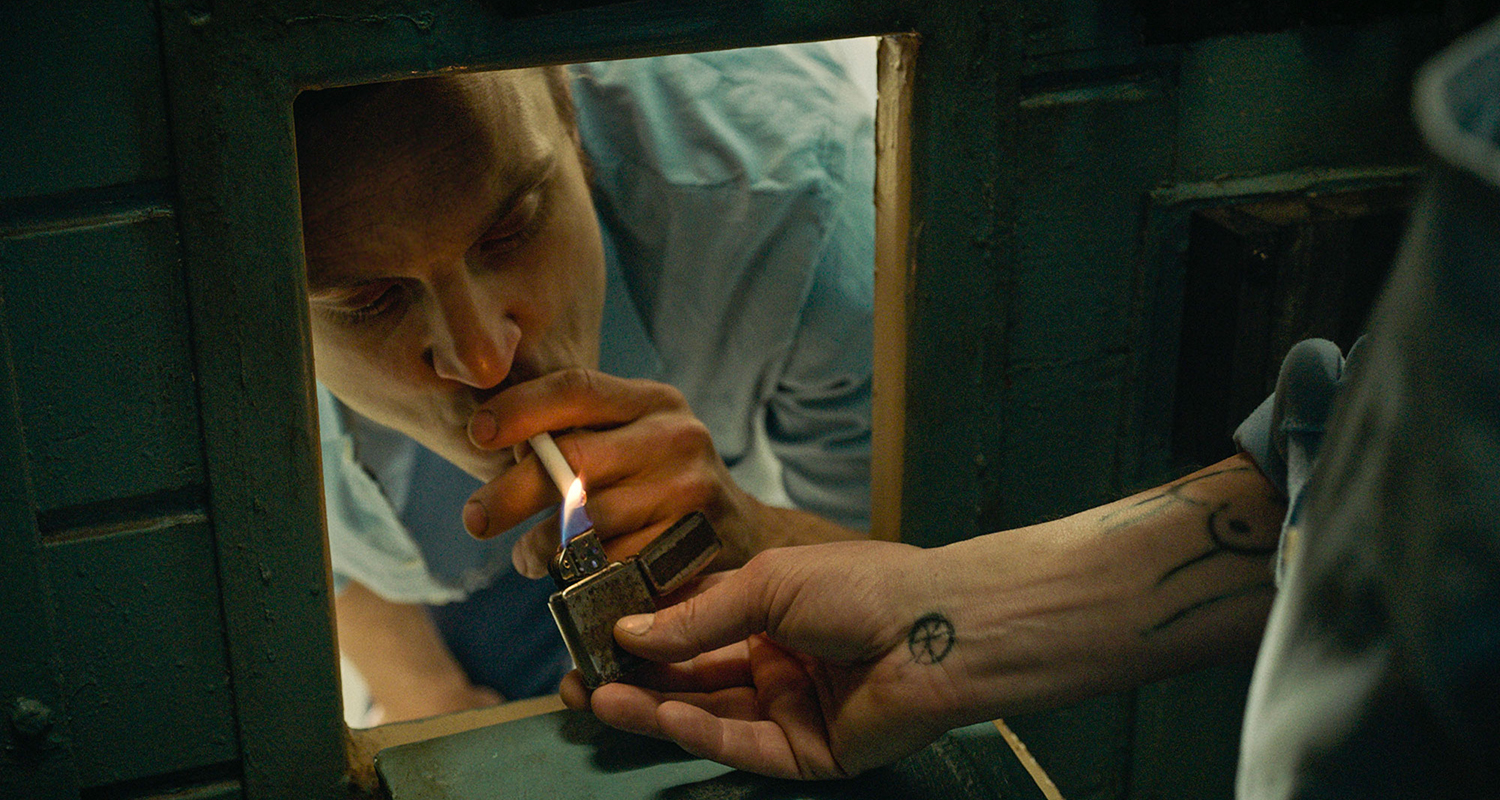
Franz Rogowski as Hans Hoffman in Great Freedom (Image: MUBI)
“One of the first paintings I did [for Great Freedom] was this blowjob through the iron door in prison”, he reveals. “Bit by bit you create your own story and own personal relationship to the material and to the story. That helps me more, a very subjective and personal approach.”
Great Freedom certainly doesn’t shy away from illustrating the exposing and occasionally explicit realities of prison life. “It is challenging, but on the other hand I trusted our director and for this movie it was worth it,” says Rogowski of the nudity required by the role. “It’s also not ‘explicit’ explicit, it’s only explicit. I have a bit of control. To be naked with everybody on set is a bit different to, I don’t know, masturbating on screen…”
The relationship between Hans and Viktor – the latter of whom is initially violently hostile towards his ‘pervert’ cellmate – is certain to go down as one of the most complex explorations of male sexuality put to film, with an enthralling push and pull that challenges the viewer in its refusal to back away from the power dynamics at play.
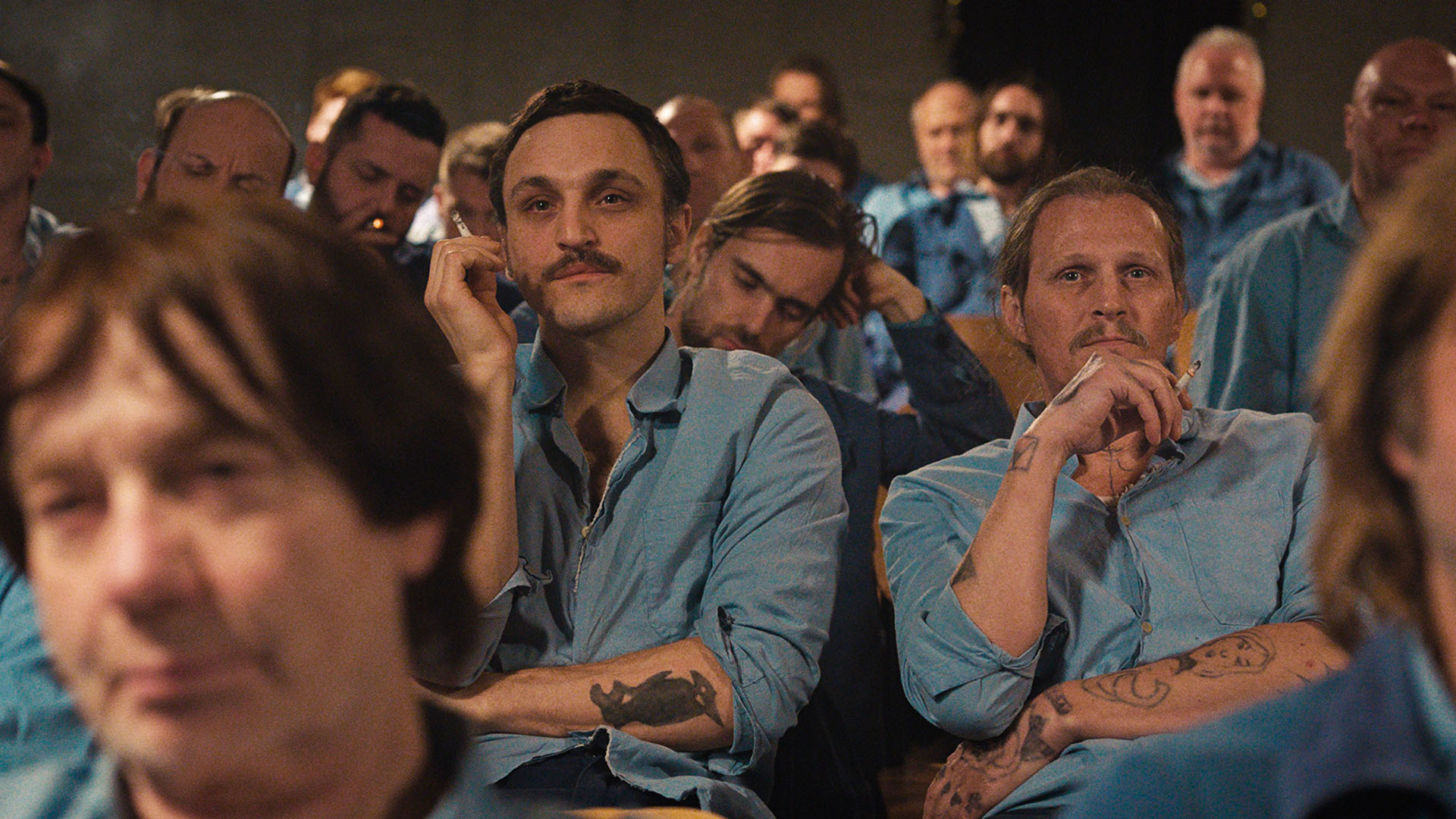
Franz Rogowski (left) as Hans and Georg Friedrich as Viktor in Great Freedom (Image: MUBI)
“When I think about me and my friends in Berlin, hanging out… queerness today is so different – or how it appears”, muses Rogowski. “The word didn’t even exist back then in Germany. It’s a very rigid masculinity in this cell, and they way they approach each other.”
He adds: “For me, Hans is a very rigid man living in a very rigid time, being defined by the society he lives in. He might be gay, but I think his whole being, his whole appearance would be so different today than it would be back then.”
Rogowski, who was nominated for the European Film Award for Best Actor for his role as Hans and surely has a highly-awarded future ahead of him, concludes: “I think the biggest freedom [Hans] has is that he surrenders to the structural violence. He’s not aiming for a revolution, he’s actually accepting the system, and therefore from within he might be able to change it.
“I think it’s because he’s a lover, not a fighter.”
Great Freedom is in cinemas in the UK and Ireland now and streams exclusively on MUBI from 6 May.
